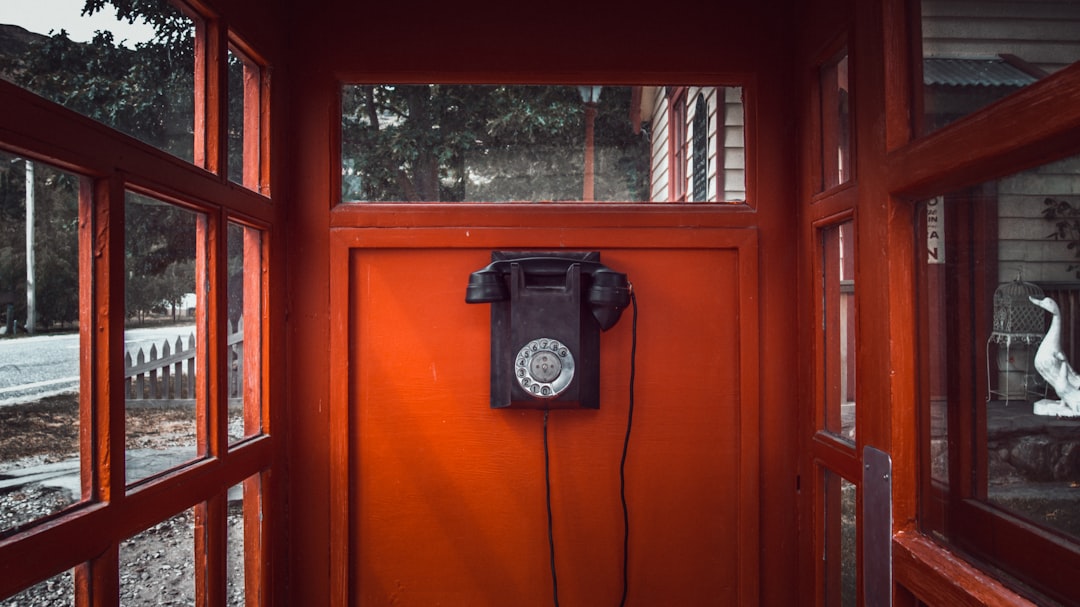Robocall scams are prevalent in Ohio, with residents receiving deceptive calls from scammers. To combat this, Port Clinton residents should consult a lawyer specializing in Ohio's Do Not Call laws to understand their rights and protect themselves. Registering on the National Do Not Call Registry reduces unwanted calls but doesn't stop all robocalls; legal advice can offer robust protection and guide through regulations. If a robocall violates these laws, seeking legal assistance from a consumer protection attorney is crucial for understanding rights, filing complaints, and initiating legal actions if needed. Documenting call interactions is essential evidence. Search for 'lawyer for Do Not Call Laws Ohio' for relevant assistance.
Port Clinton residents, be warned: robocalls are a common scamming tactic. This guide equips you with the knowledge to identify and avoid these calls. We delve into the intricacies of Do Not Call laws in Ohio, outlining your rights and protections. Learn practical steps to safeguard your privacy and what to do when a suspected scammer targets you. Should the situation escalate, consult a lawyer specializing in Ohio’s Do Not Call Laws for expert legal assistance.
Understanding Robocall Scams in Ohio

In Ohio, robocall scams have become increasingly prevalent, targeting residents across the state. These automated phone calls often pose as legitimate organizations or individuals, attempting to deceive recipients into providing personal information or money. Scammers use sophisticated technology to bypass traditional blocking methods, making them a persistent threat. Common robocall scams in Ohio include false promises of free prizes, phishing attempts for financial information, and threats from fake collection agencies.
Understanding the tactics used by these scammers is crucial for Port Clinton residents. A lawyer specializing in Do Not Call Laws Ohio can offer valuable insights and guidance on how to navigate these deceptive practices. By knowing their rights and the legal protections available, residents can better defend themselves against such scams, ensuring they remain safe and secure in their interactions with telemarketers.
The Role of the Do Not Call Laws

Port Clinton residents, like all Ohioans, have rights under the state’s Do Not Call laws. These laws are designed to protect individuals from unwanted telephone solicitations and robocalls. By registering your number on the Do Not Call list, you can significantly reduce the volume of these nuisance calls. It’s a powerful tool that allows you to take control of your communication preferences.
If you’re tired of receiving fraudulent or misleading robocalls, consulting with a lawyer specializing in Do Not Call Laws Ohio can be beneficial. They can guide you through the process of registering your number and offer advice on dealing with persistent violators. This proactive step ensures that your rights are respected, and you can enjoy a quieter, safer communication environment.
Protecting Yourself: Steps to Take

Protecting yourself from robocalls is a proactive step every Port Clinton resident should take to safeguard their personal information and peace of mind. One of the most effective ways to do this is by registering your number on the National Do Not Call Registry. It’s a free service that allows you to opt-out of marketing calls, significantly reducing unwanted contact. Remember, however, that it doesn’t block all robocalls as some can still bypass these lists.
Additionally, consider hiring a lawyer specializing in Ohio’s Do Not Call Laws. Legal expertise can provide robust protection against fraudulent calls, offering guidance on existing regulations and helping you understand your rights. They can also take necessary actions if you’ve fallen victim to a scam, ensuring you’re compensated for any losses or damages incurred.
When to Seek Legal Assistance

If you’ve received a robocall and believe it violates Ohio’s Do Not Call laws, knowing when to seek legal assistance is crucial. While many unwanted calls are simply annoying, some can be fraudulent or threatening. If the caller demands payment, threatens legal action, or uses aggressive tactics, don’t hesitate to contact an attorney specializing in consumer protection or telecommunications law.
A lawyer for Do Not Call laws in Ohio can help you understand your rights and take appropriate action. They can file a complaint with relevant authorities, negotiate with the caller, or even initiate legal proceedings if necessary. It’s important to document all interactions with such callers, including timestamps, call content, and any threatening or misleading statements made. This information will be invaluable for any legal actions you decide to pursue.






